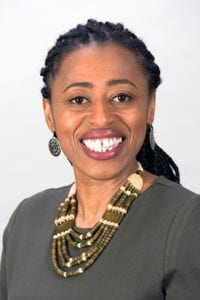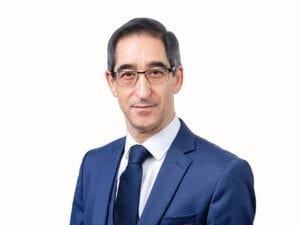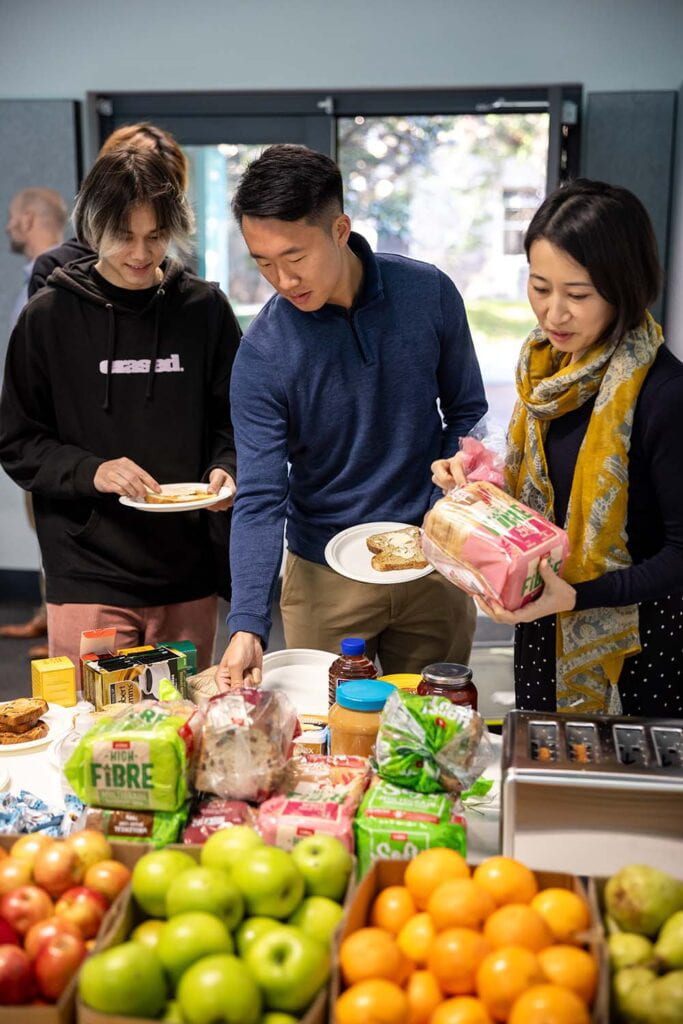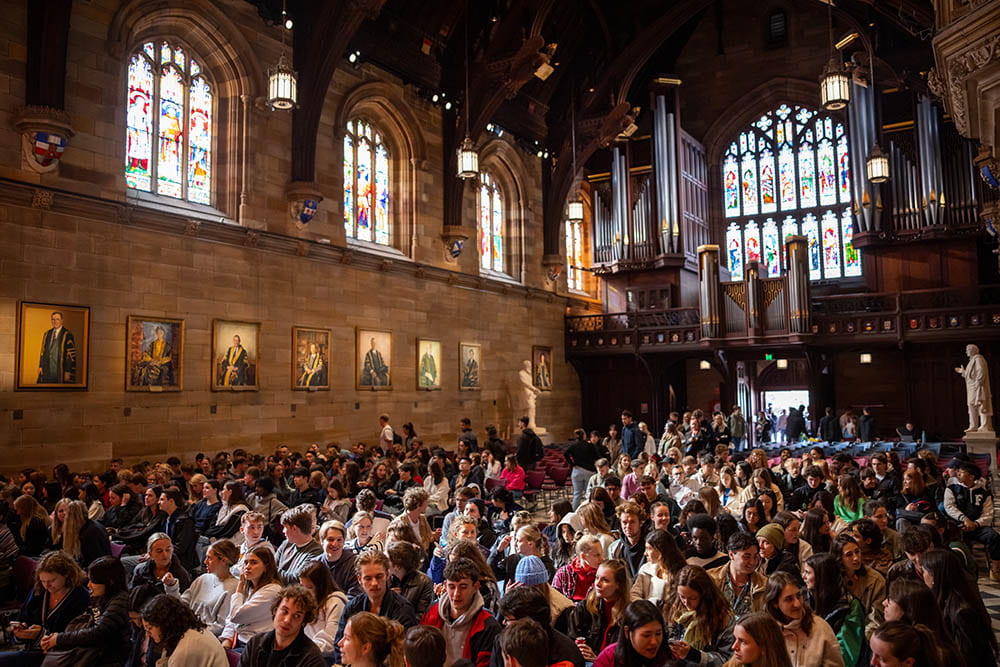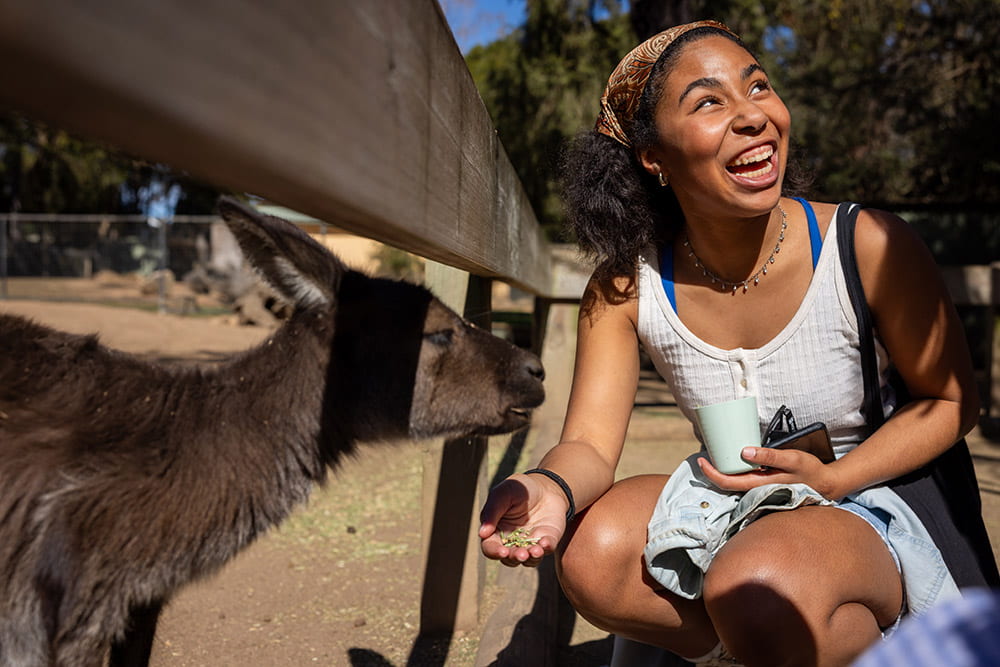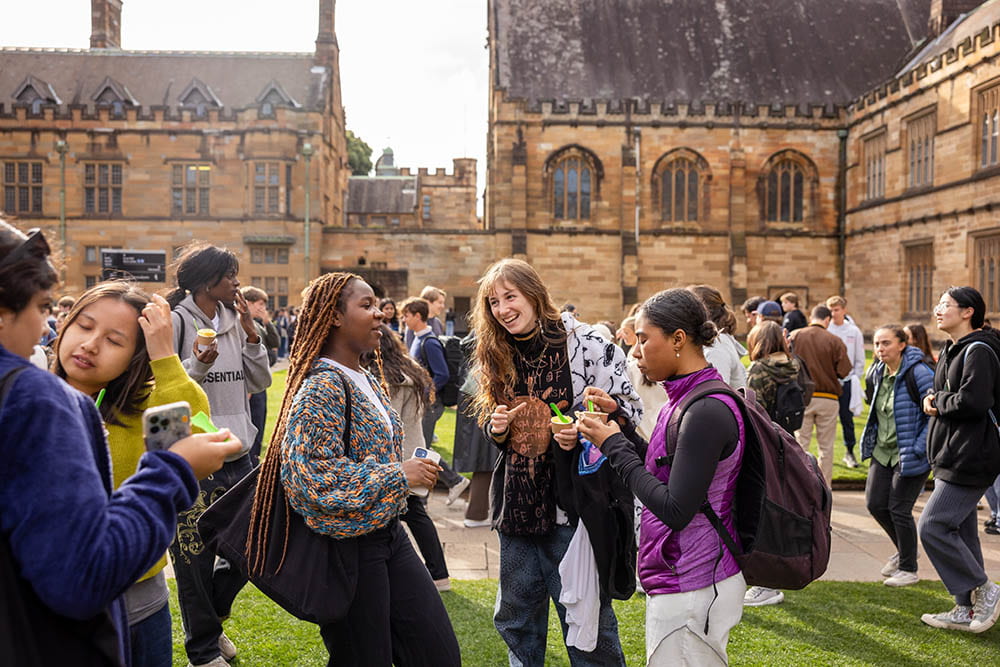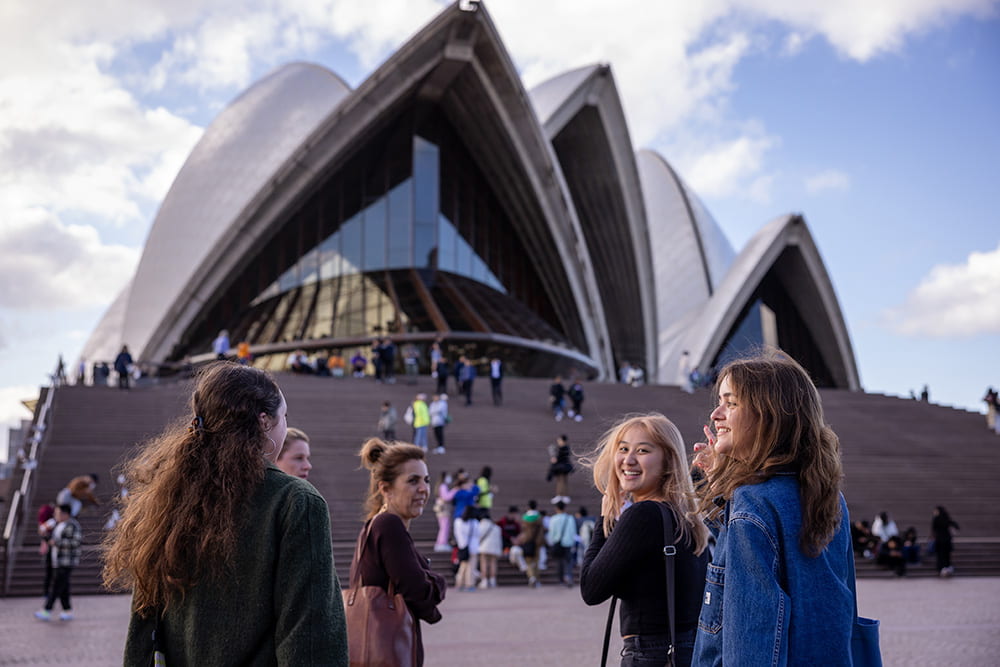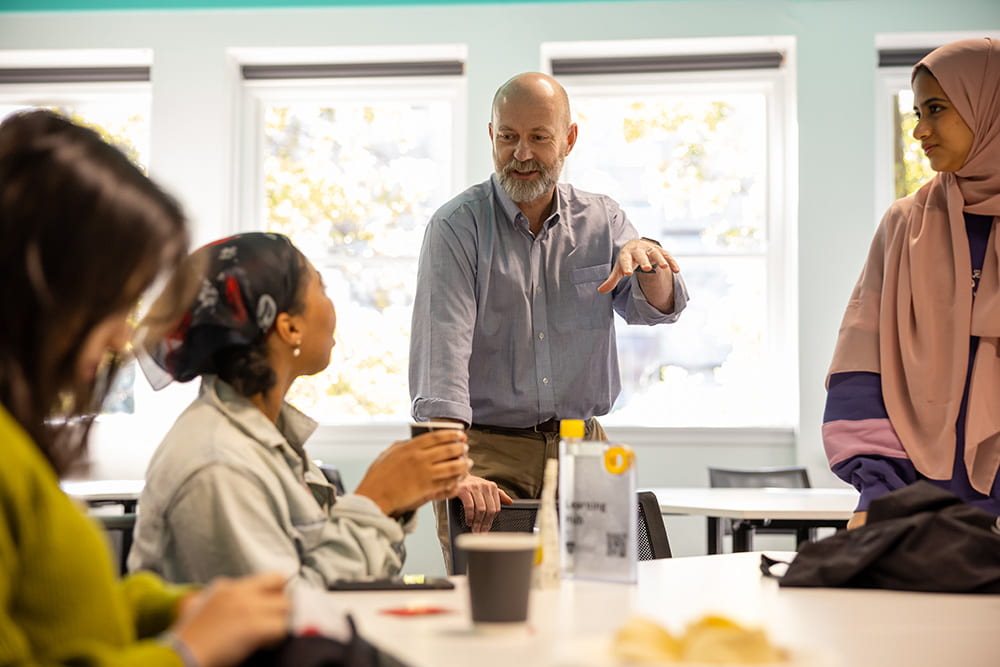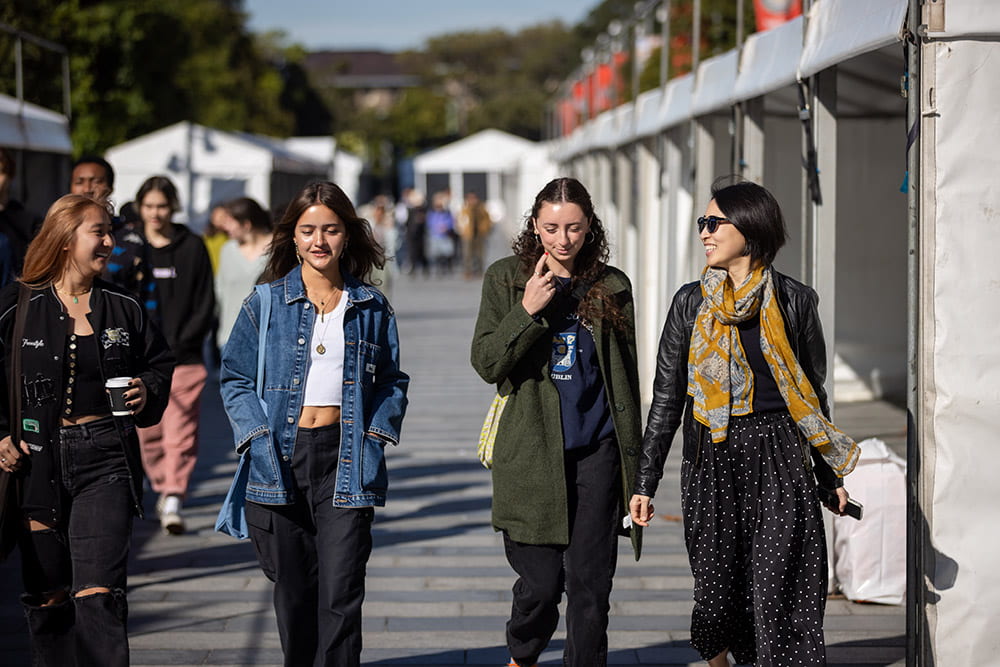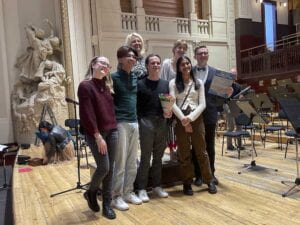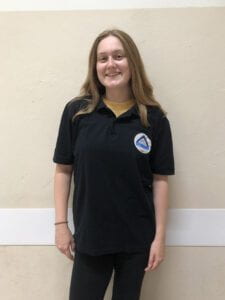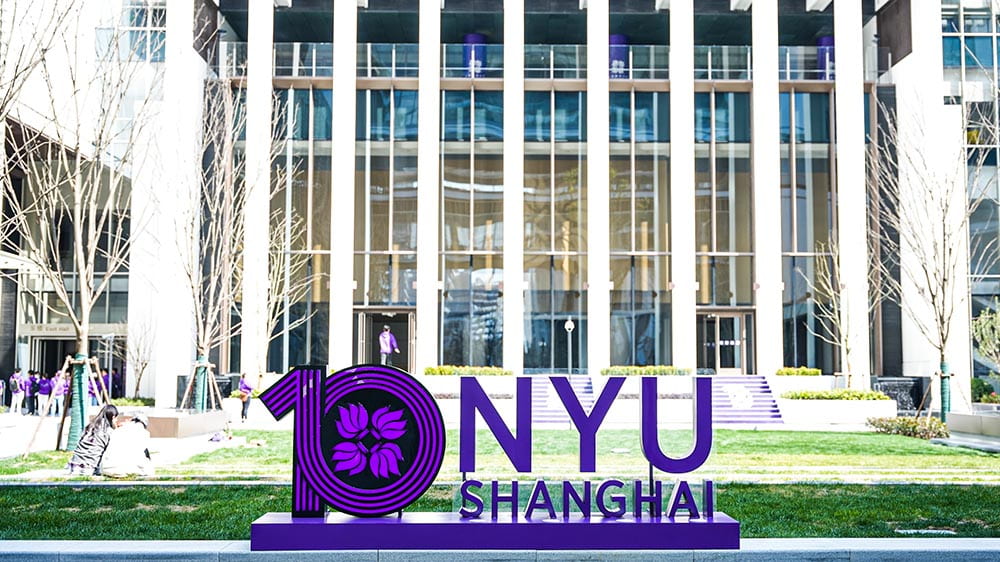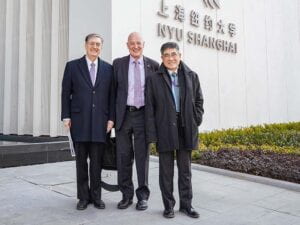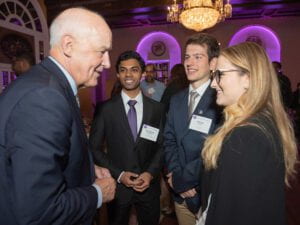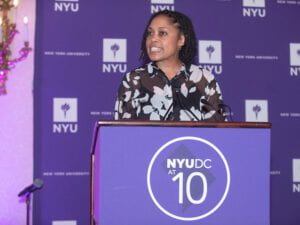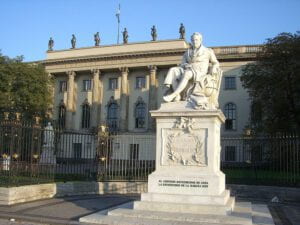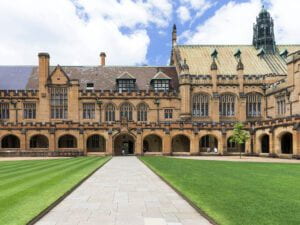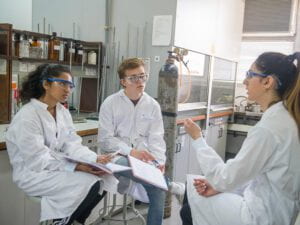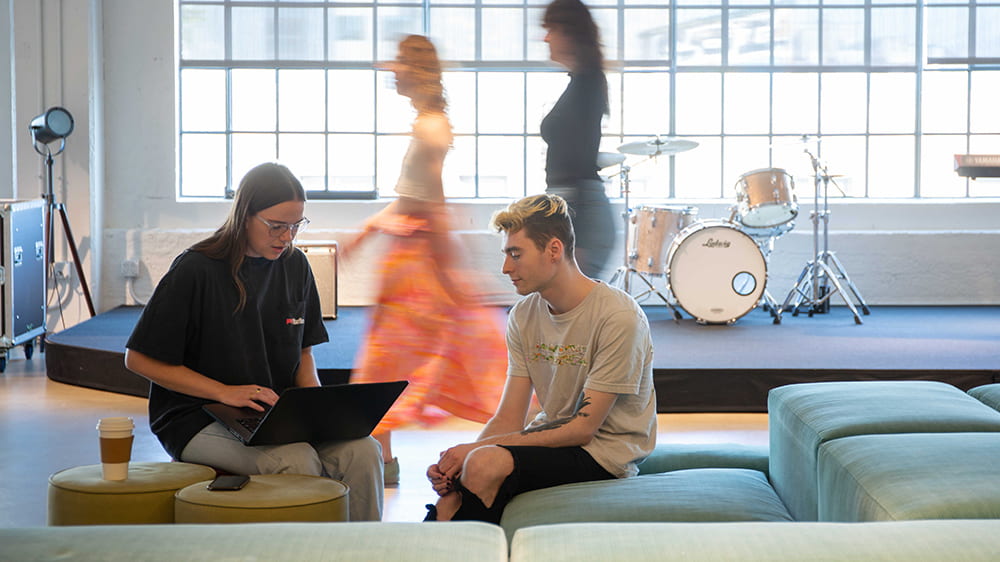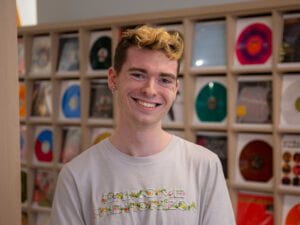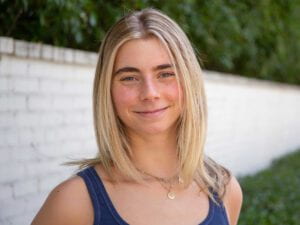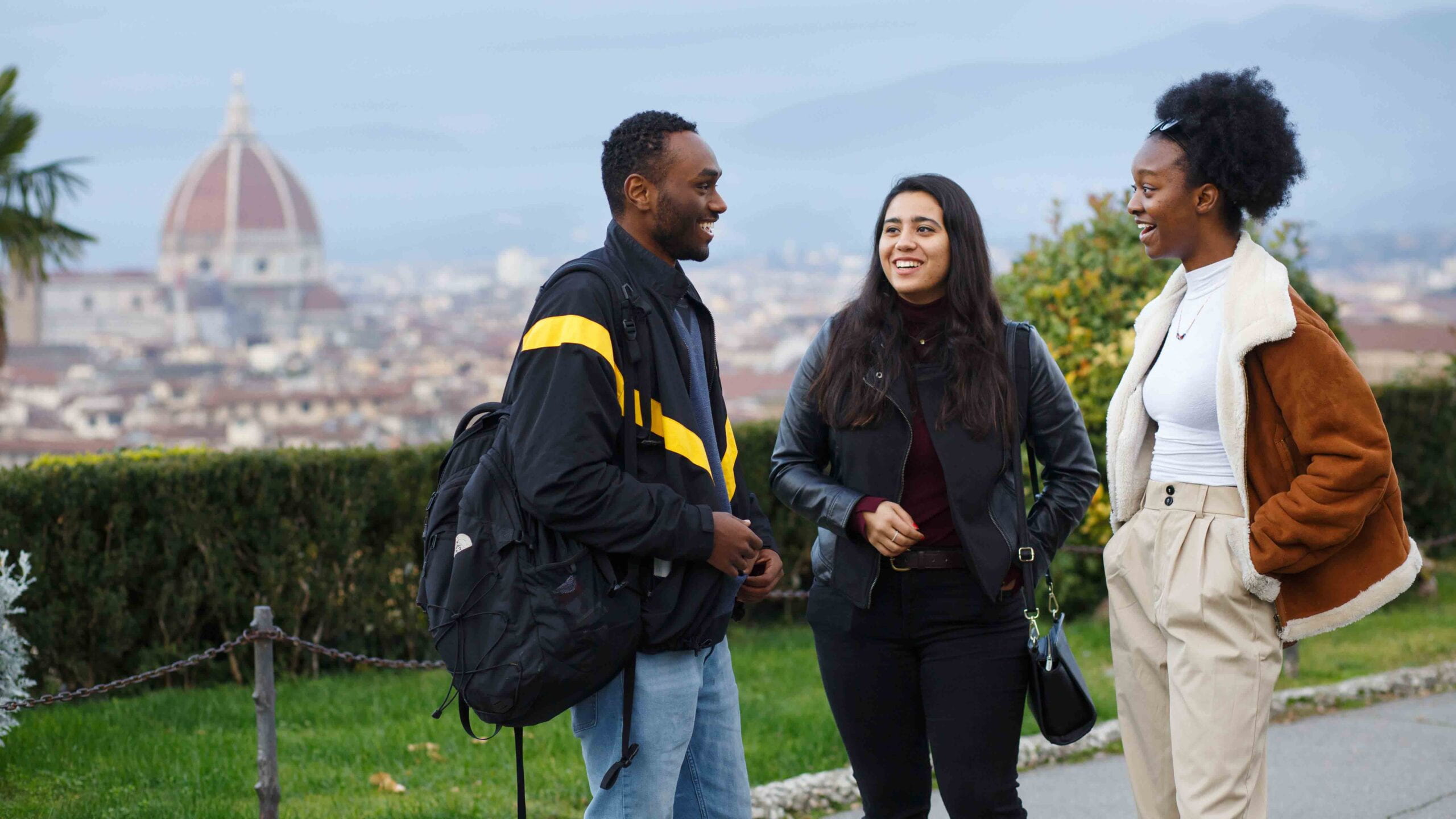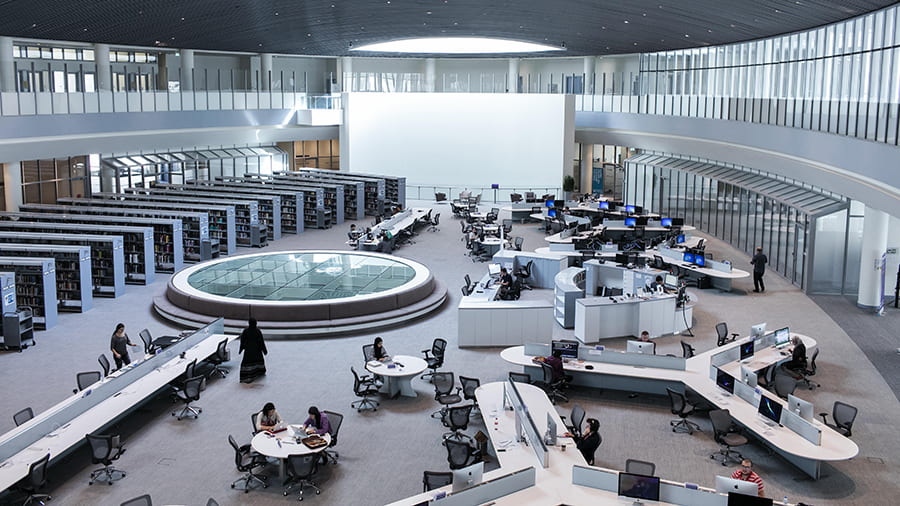When Chijioke Obasi joined NYU earlier this year as director for global programs inclusive engagement, she brought a wealth of experience to the role. Dr. Obasi, who is based in London, began her higher education career as a communication support worker for deaf students who use sign language. Since then, she’s held various faculty and administrative roles in both social work and diversity, equity, and inclusion (DEI). And she’s found that the two areas are more connected than one might think at first. “Valuing lived experience and cultural humility is transferable across both areas,” she says. “Working with difference and developing good intercultural communication skills are essential to both.”
Dr. Obasi’s doctoral research at the University of Central Lancashire centered the experiences of Black women and culturally Deaf women at work in the UK. She notes that her previous experience and research are directly applicable to her new role. “My work for the Office of Global Programs has made me think about how accessible our study away programs are for students from many different backgrounds,” she says. “It would be great to increase access for students with physical disabilities, for example, but this would need to be done in a way that promotes a truly inclusive environment, where students feel a true sense of belonging. I am keen to work with students and other colleagues to look at how we might best do this.”
Given how different DEI is across the world, it’s no small feat to ensure students from all backgrounds feel this sense of belonging and are able to realize their full potential while studying away. “Because of all the wide-ranging histories, legislation, and cultural practices across the world, we are not looking for a one-size-fits-all approach,” says Dr. Obasi.
It takes time to adjust to the culture, language, and even climate in a new country. Dr. Obasi offers students opportunities to tap into all the resources they have available for intercultural learning and communication. “From their predeparture to their return and beyond, our office ensures that all students have the chance to engage with their personal issues of identity and self-awareness as well as wider issues of global inclusion.”
To further their mission, Dr. Obasi and the Office of Global Programs now hold an online mixer where students from across the NYU global network can build community and discuss DEI issues. She also hopes to work closely with students currently studying away to make a series of videos about the global sites and student experiences within particular affinity groups. In addition, her plans to work closely with NYU staff and develop intercultural competence extend the scope of the typical global programs audience. The hope is that every community member can help make the NYU global network an even more diverse, welcoming, and vibrant place than it is already.
Written by Kristin Maffei
